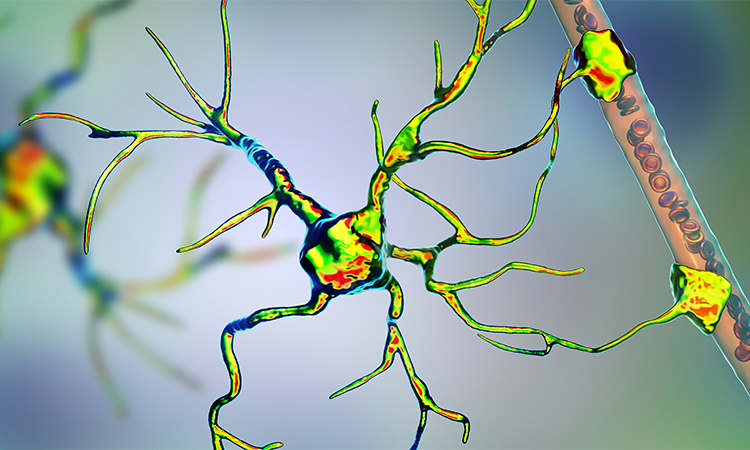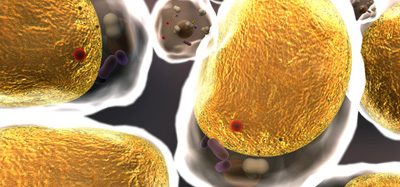Immune cells in ALS patients: predicting disease progression
Posted: 5 December 2022 | Izzy Wood (Drug Target Review) | No comments yet
Swedish researchers have discovered that by measuring immune cells in the cerebrospinal fluid when diagnosing ALS, it is possible to predict how fast the disease may progress.


Researchers from Karolinska Institutet, Sweden, have discovered a way to predict the course of the disease in amyotrophic lateral sclerosis (ALS) patients.
Between March 2016 and March 2020, researchers collected fresh blood and cerebrospinal fluid from 89 patients in Stockholm who had recently been diagnosed with ALS. The patients were followed until October 2020. Through flow cytometric analysis of blood and cerebrospinal fluid (CSF) samples of a cohort of the patients, the researchers highlighted T cell phenotypes at the time of diagnosis are good predictors of disease outcome
The study, published in Nature Communications, shows that a high proportion of effector T cells are associated with a low survival rate for ALS. At the same time, a high proportion of activated regulatory T cells indicate a protective role against the rapid disease progression.
Thus, the findings present new evidence for the involvement of T cells in the course of the disease and show that certain types of effector T cells accumulate in the cerebrospinal fluid of ALS patients.
“The study could contribute to the development of new treatments that target immune cells to slow down the course of the disease,” said Solmaz Yazdani, a doctoral student at the Institute of Environmental Medicine at Karolinska Institutet.
The next step in her research is to study how T cells contribute to the course of the disease.
“We have plans to collect samples from these individuals to study changes in the immune cells over time. In addition, we want to study effector T cells in more detail to understand their role in ALS.”
Related topics
Drug Targets, Flow Cytometry, Immunotherapy, T cells, Targets, Therapeutics
Related conditions
Amyotrophic Lateral Sclerosis (ALS)
Related organisations
Karolinska Institutet
Related people
Solmaz Yazdani








